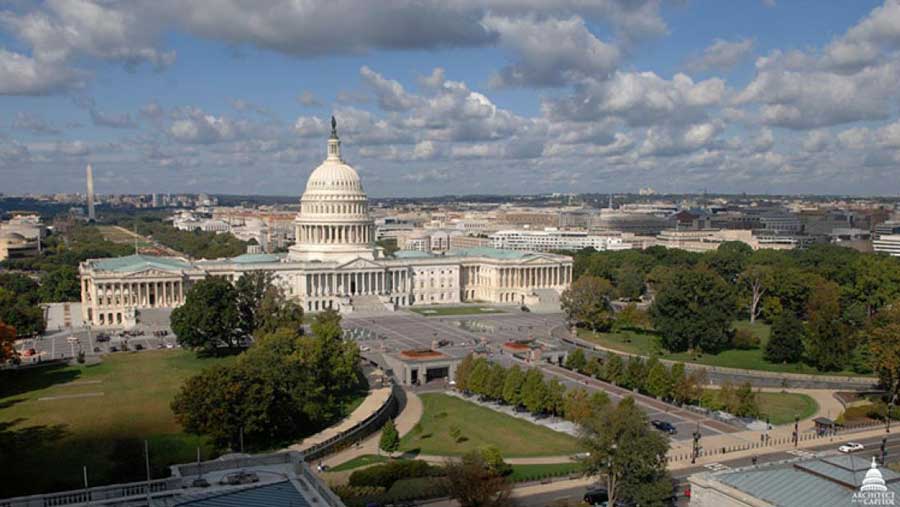FDA Rule on Vaping Claims Raises Speech Issues, Says WLF

The smarter way to stay on top of broadcasting and cable industry. Sign up below
You are now subscribed
Your newsletter sign-up was successful
In a brief filed with the court this week, the Washington Legal Foundation targeted an FDA regulation that requires e-cigarette manufacturers to get prior FDA approval before claiming in advertisements or elsewhere that their products have health advantages over traditional tobacco products.
The case is Nicopure Labs, LLC v. FDA.
In a May 2016 decision, the FDA started regulating vapor products, which it calls nicotine delivery devices, as tobacco products subject to promotion and marketing restrictions in their advertising, including preventing any claims about representing a lower risk of disease or reduced harm unless the FDA signs off on such claims.
Related: (Anti) Tobacco Ads to Return to TV
"WLF is concerned that FDA’s regulation of the vapor industry unjustifiably restricts truthful, non-misleading speech in violation of the First Amendment," it told the court," wrote the organization, a non-profit public-interest law and policy center. "By requiring all manufacturers and retailers of vapor products to obtain FDA’s pre-approval before informing prospective consumers [via ads or promotions or via any communications] of their products' uncontested health advantages over traditional tobacco products, the [FDA rule] imposes a prior restraint on legally protected speech."
The WLF pointed out that the FDA itself concedes that e-cigarettes are "likely" to present less of a risk than traditional cigarettes.
The issue is not whether such products should be banned or used, or even advertised, but whether speech about them can be restricted by the government to the extent the FDA rules dictate.
The crux of WLF's argument is this: "The Constitution does not authorize the government to “pre-approve” truthful, non-misleading speech before commercial speakers may utter it."
A D.C. district court found back in 2016 that the FDA restriction "does not ban truthful statements about health benefits or reduced risks; it simply requires that they be substantiated."
That is the decision WLF wants reversed.
The smarter way to stay on top of broadcasting and cable industry. Sign up below
Contributing editor John Eggerton has been an editor and/or writer on media regulation, legislation and policy for over four decades, including covering the FCC, FTC, Congress, the major media trade associations, and the federal courts. In addition to Multichannel News and Broadcasting + Cable, his work has appeared in Radio World, TV Technology, TV Fax, This Week in Consumer Electronics, Variety and the Encyclopedia Britannica.

